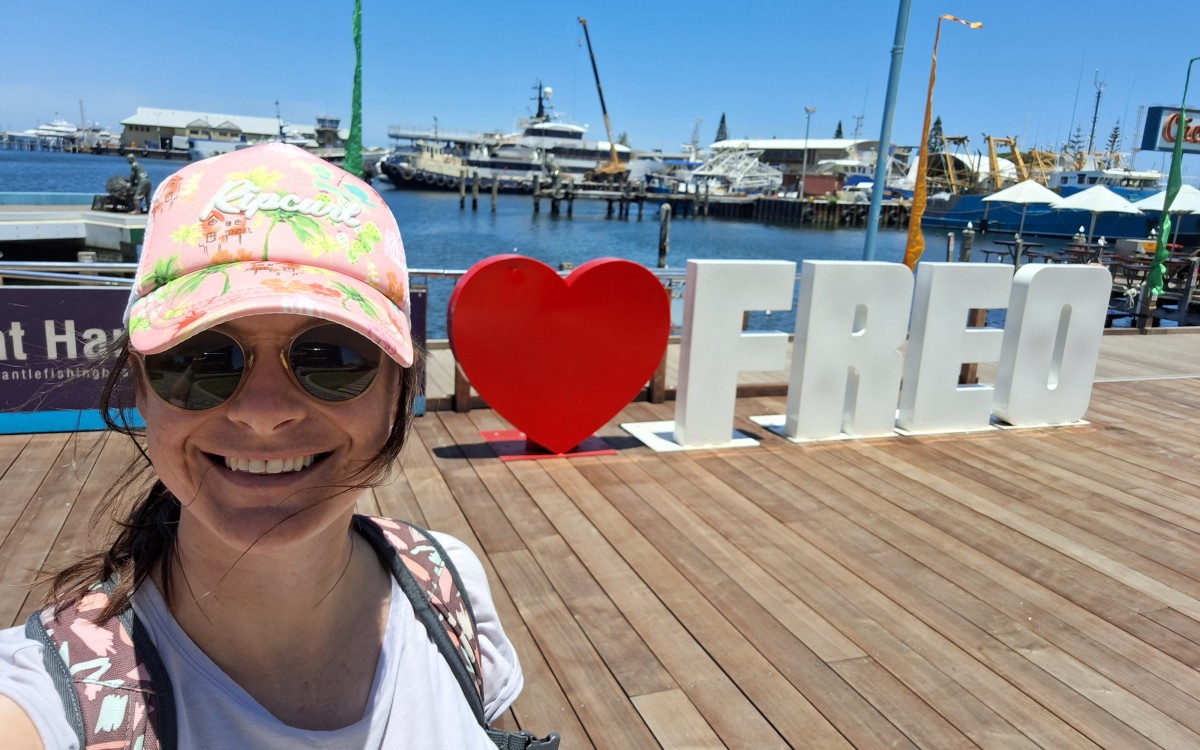What did Sanne do Down Under?
Some of you may have noticed: in 2023 I spend four months in Australia as a patient advocate for DCAA. To be more precise: in Perth and Albany. I had an amazing time getting to know the research team ánd family members better and thought it would be nice for you to have an overview of what we achieved during my time Down Under. With a lot of thanks to the Australian Alzheimer Research Foundation!
First a bit of background: during a meeting in Leiden in May 2019, international researchers, including the Australian team, in the field of DCAA discussed together what was needed to get to drug research for ‘the Katwijk disease’ (or ‘Plug thing’). In this context, a new study was set up in both Leiden and Perth: TRACK DCAA. While we were setting the study up, I travelled to Perth at the beginning of 2020, together with co-advocate Jolanda Blom-de Vreugd and Leiden professors Marieke Wermer and Mark van Buchem.
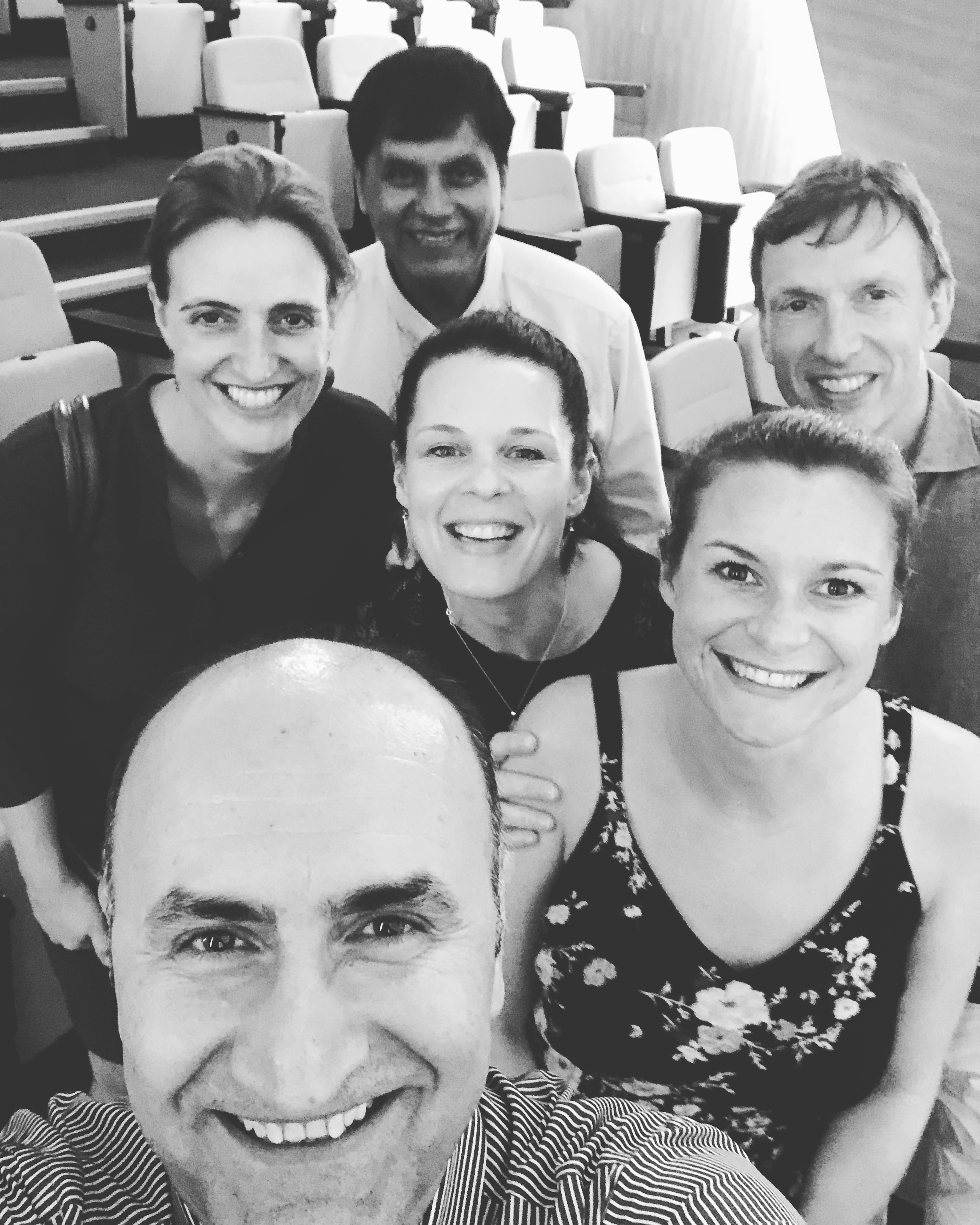
During the week we spent together, the research team organized a well-attended family meeting. During my presentation, I mainly focused on the work of our patient association and the Kattukse Brainweek, the weel full of events we organise every year in Katwijk. We noticed the appreciation of many of the family members for the work that was being done on the other side of the world. We promised we would include them more moving forward, with an eye for the fact that the disease is even more rare and isolated in Australia.
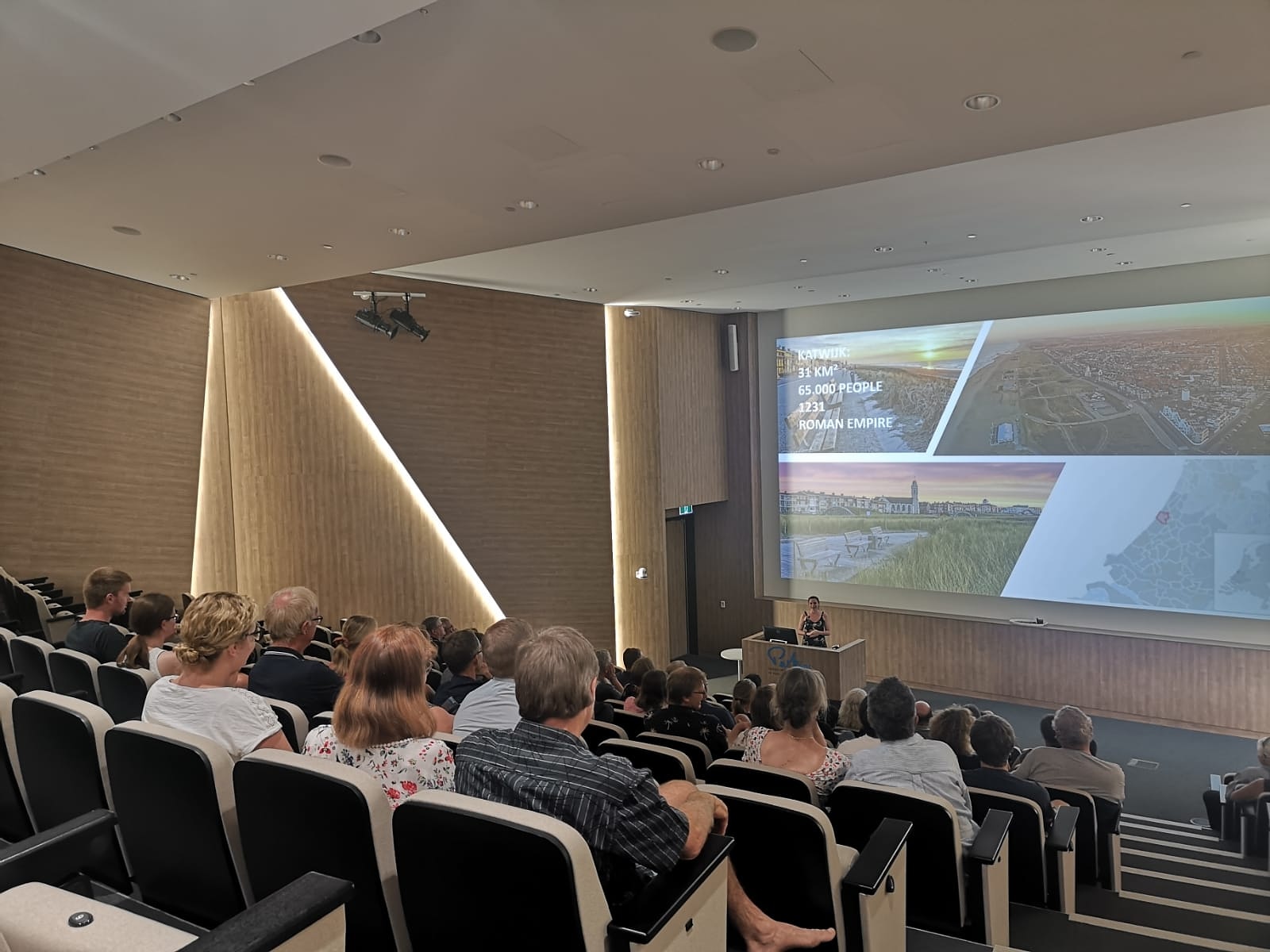
Since I had already decided to spend more time in Australia, after that meeting I travelled to Albany to get together with some of the family members. When we got together, I got to talk to them about misinformation, what had been learned from research so far, how we deal with the disease within families in the Netherlands, what the HCHWA-d Association does and what we can expect from research. I then travelled to Tasmania, where 'family champion' Dini lives, who has been a representative of the Plug family for years and was the instigator for their participation in research. Unfortunately, I had to 'escape' home in March 2020 due to COVID.
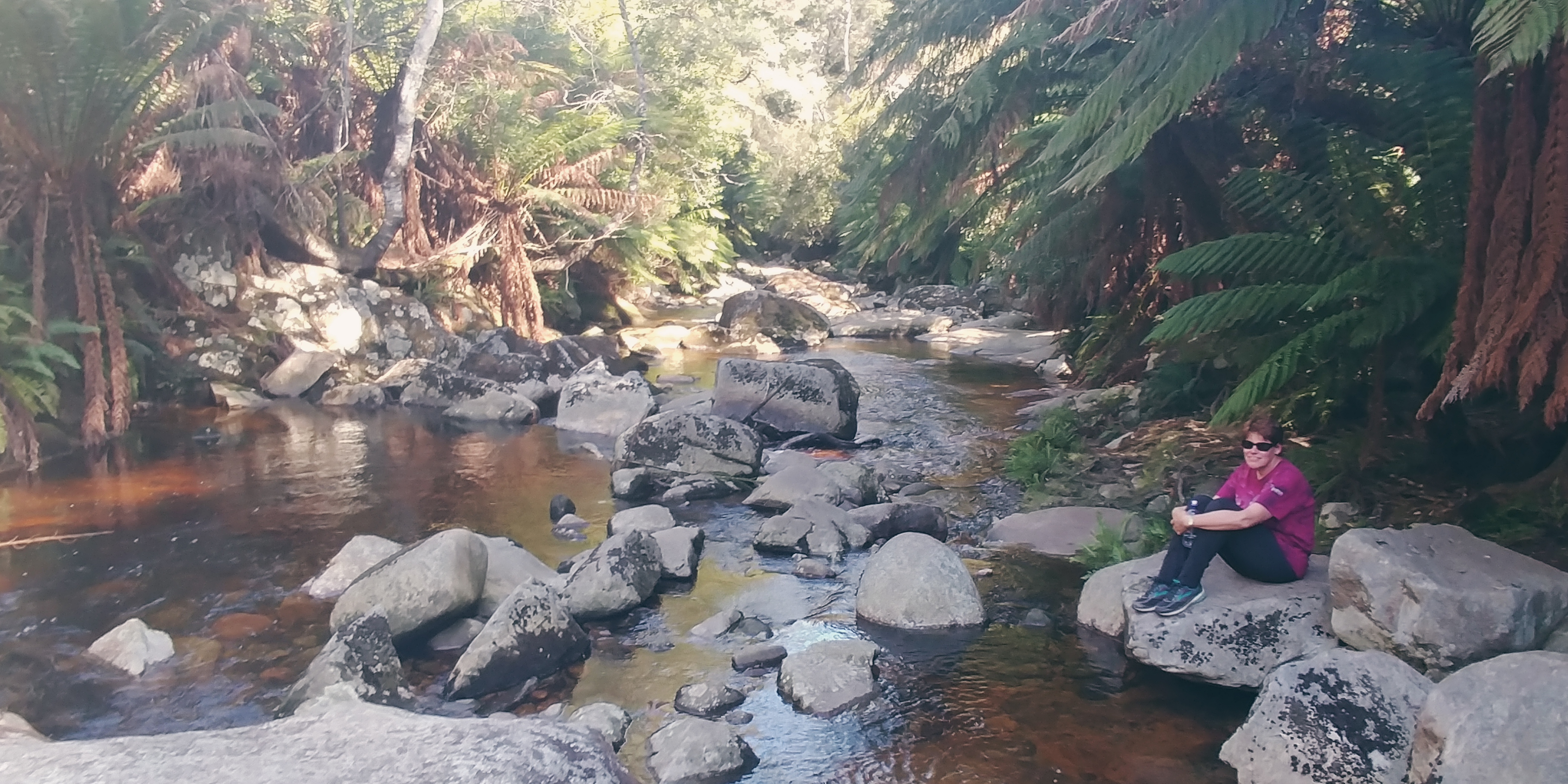
I returned in November 2022, this time for the international CAA conference in Perth, together with our board member Maike Hoek. During the time I spent with the Aussie research team, the idea arose for me to spend a while in Australia in 2023 to work together with them. After the conference I spent another 2.5 months Down Under, including a month in Albany. As a result, I got to know more and more Plug family members and gained more insight into their needs when it comes to Dutchtype CAA. I was struck by the taboo and the lack of information, care and support. This gave me a better understanding of how much we as an Association have been able to achieve for Dutch families in 15 years and how in Australia we were still at the very beginning opening up conversation about the disease and everything else that is needed to support DCAA family members better.
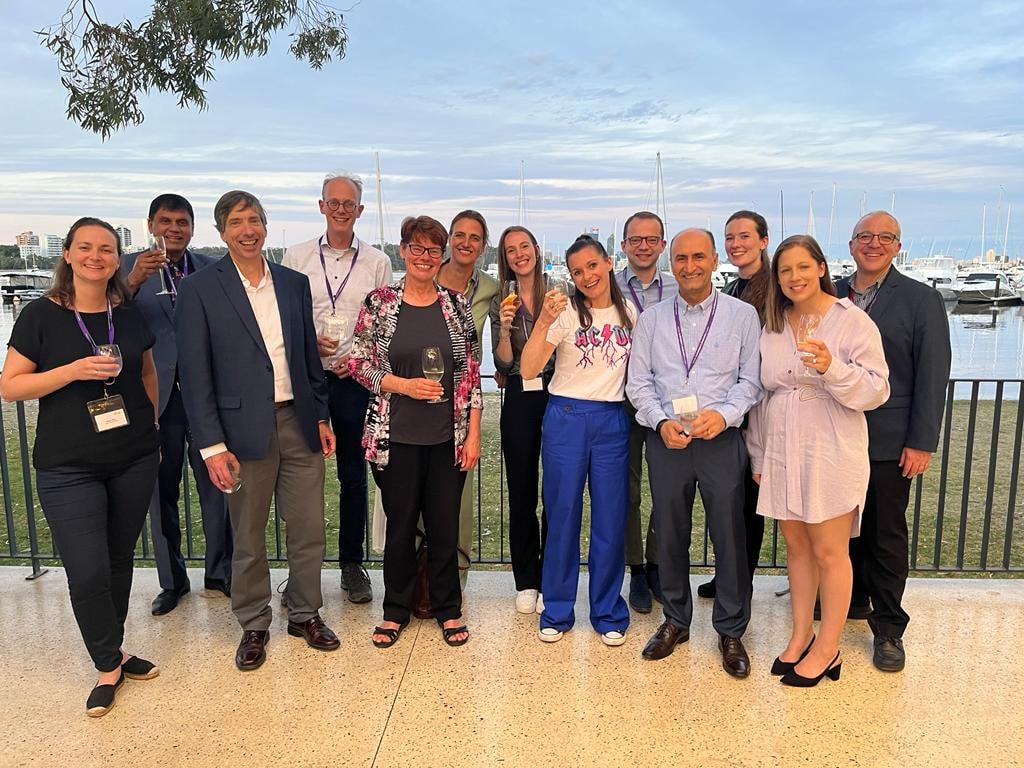
In the meantime, the TRACK DCAA study, a natural history study (research in which the process of a disease is monitored and measured), had started in both Leiden and Perth. This was slightly more difficult in Perth than in Leiden, where we achieved the target of 50 participants more quickly, thanks to AURORA participants and the Stop the Katwijk Disease campaign. In Perth the number of participants grew steadily and threatened to get stuck. Therefore, the research team in Perth and I decided (after I travelled back to the Netherlands in January 2023) that I would spend a few months in Perth again in 2023 and work with the Aussie team.
I did this in two periods: June/July and from September to December. During those 4 months I worked on a number of goals. Firstly, I translated all research material into English and developed www.stopdcaainaustralia.com. The page www.hchwa-d.nl/eng has been updated. I also set up a newsletter and provided the most important videos on YouTube with subtitles, so that they can also be followed by Aussies (and other non-Dutch speaking DCAA family members).
I met (even) more family members and strengthened existing contacts by organizing two family barbecues (one in Albany and one in Perth), where members of the research team were also present. During these meetings we were able to informally discuss about how TRACK DCAA is currently going, why it is so important and whether we can expect a trial with Alnylam's ALN-APP in Australia in 2024.
I also spoke to many family members during dinners, drinks and coffees. By gaining insights into their experience of the Katwijk disease and research, I was able to help the research team in their communication and research design.
What I also found very valuable was growing the relation with the research team, with whom the (international) collaboration normally mainly takes place online. By spending more time face to face with them (also outside the research building), I better understand how they work, who does what, how they view our consortium, how communication with family members is organized and how family advocacy could fit in with their way of working.
Combined, all this will hopefully help make DCAA research in Australia a (greater) success. The number of research participants did not immediately increase, but we hope that with more targeted communication, greater outreach and the prospect of a trial, enthusiasm for research will grow, especially among the younger generation of Plugs. Most of them are, for the first time in their lives, confronted with the direct consequences of the disease in the family, which may also increase awareness of the seriousness of the condition and the necessity of treatment.
In addition, awareness is growing among family members about the exceptional situation they find themselves in: the availability of a research team and a neurologist specialized in DCAA so near, while they represent a very rare condition in a remote place. Such a hotspot of expertise is in danger of disappearing if there is not enough interest in participating in research.
Finally, in close consultation with family champion Dini, I helped set up a team of family members (Helen de Jong, PhD and Dorinda 't Hart, PhD) that is committed to all DCAA family members in Australia. This team will not completely copy the work of the Association in the Netherlands, but together will represent the interests of the Australian DCAA family members to the best of their ability. This means that they commit themselves help with the design of and communication around current and future research, work on more support among family members and investigate how healthcare can be improved.
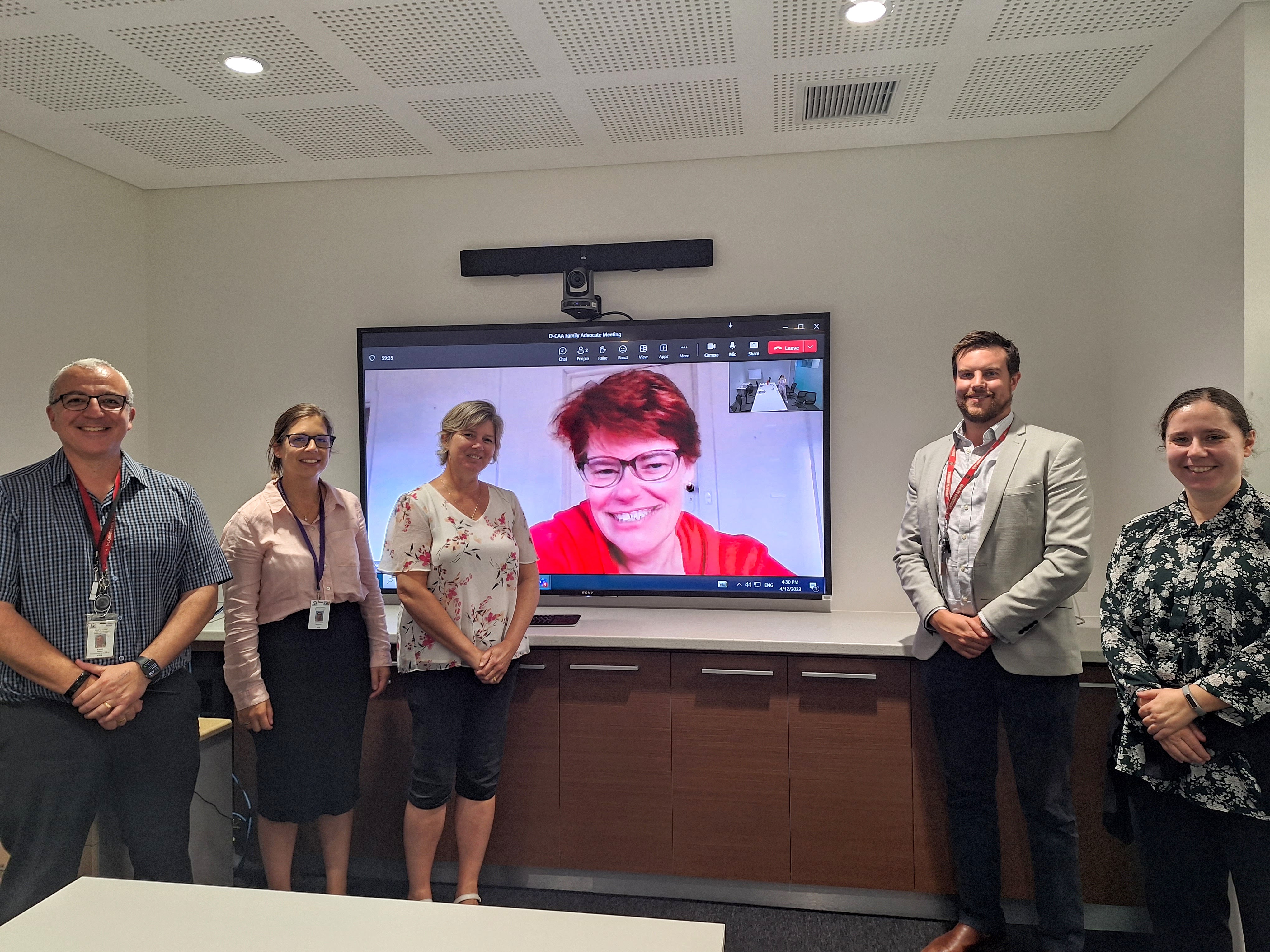
I look back on my time with great gratitude. Not only because I was able to spend time in oh-so-beautiful Australia, but especially because of all the relationships I was able to strengthen and build and all the important work we were able to do together. Living with DCAA can be very hard and at the same time it brings us together and I am grateful for all the beautiful people that welcomed me with open arms. I look forward to continuing the collaboration with the research team, the Aussie representatives and DCAA family members and secretly hope to be back before too long!
